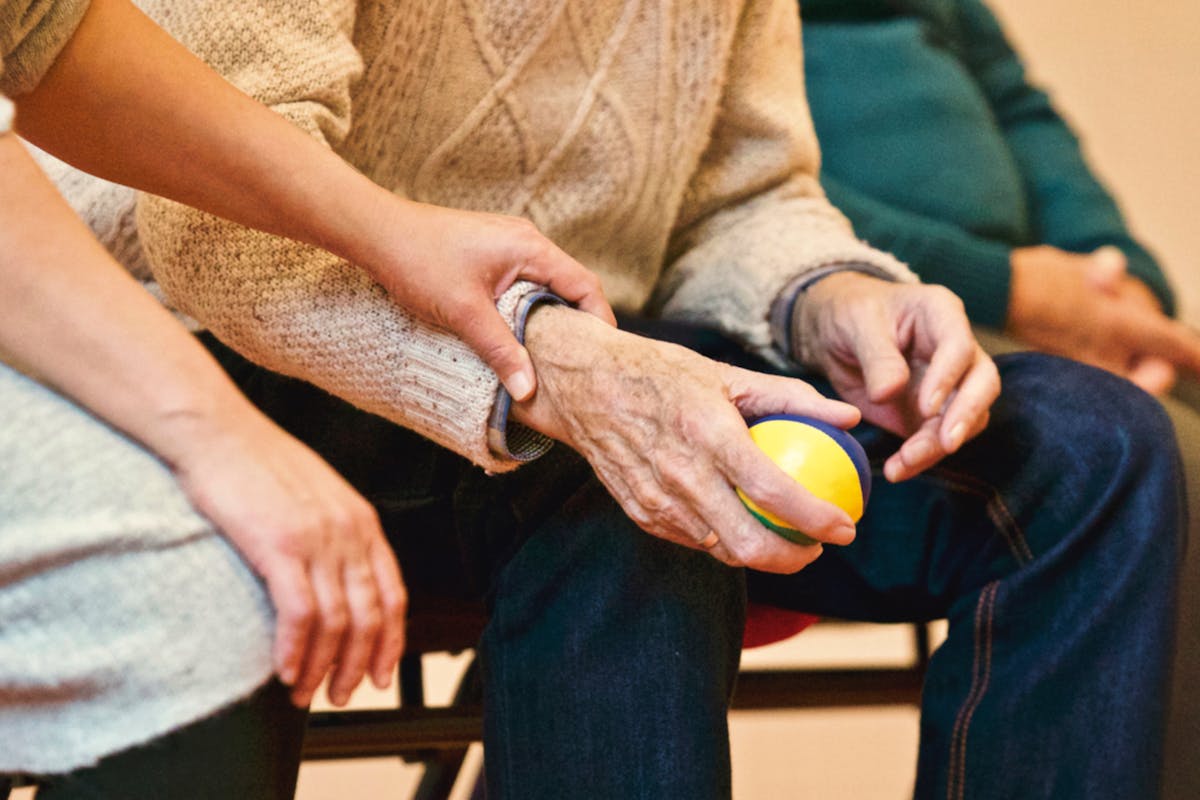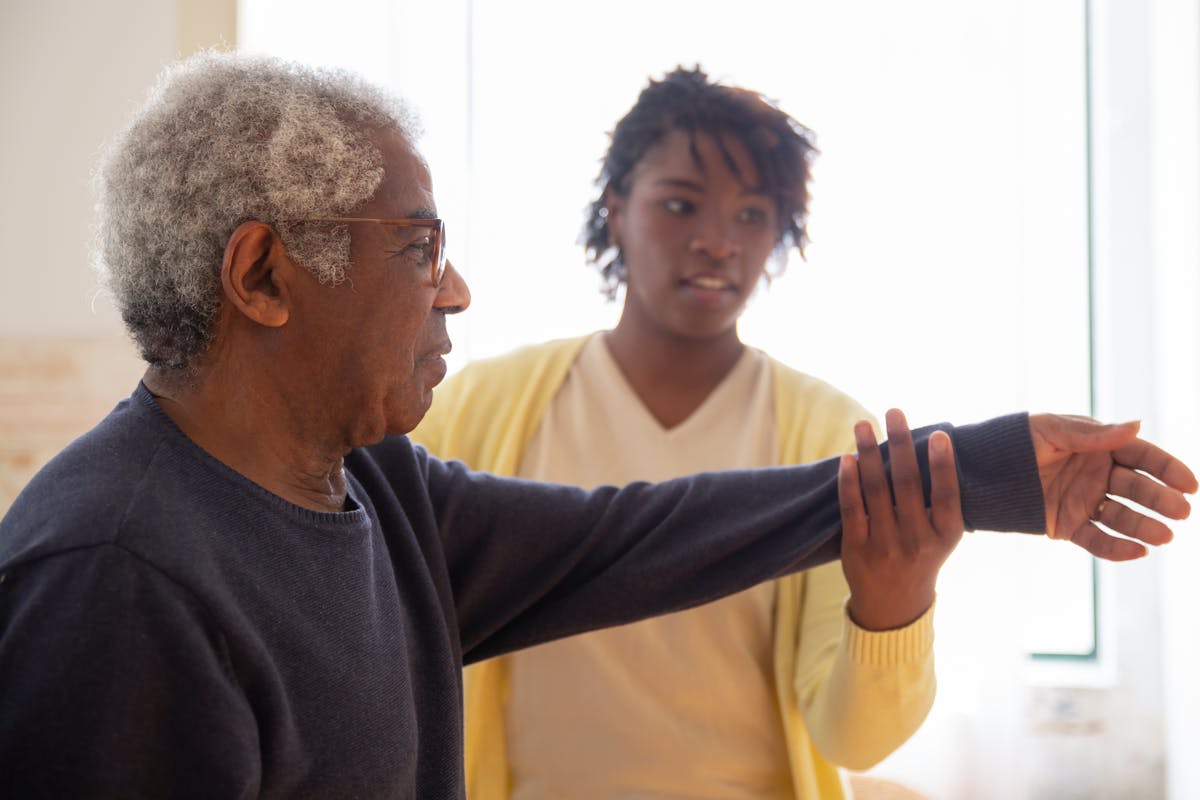The Different Ways To Give Support To Aging Loved Ones

- A holistic approach to elder care encompasses physical, emotional, cognitive, and spiritual well-being.
- Engaging in activities that stimulate the mind is vital for maintaining cognitive health in the elderly.
- Mental stimulation through puzzles and learning new skills can improve memory and combat depression.
- Recalling and sharing happy memories provides emotional comfort and strengthens personal connections
- Comprehensive eldercare ensures dignity, comfort, and fulfillment in the final years, respecting past generations.
Loved ones grow older, and with age comes a season of life where they may need a little extra assistance. Supporting aging family members is not only an act of compassion but also enriches their quality of life, ensuring they remain valued and connected. A holistic approach to elder care encompasses physical, emotional, cognitive, and spiritual well-being. This means that caring for elderly loved ones goes beyond meeting their basic physical needs; it also involves addressing their mental and emotional health. Here are some of the ways to extend support to seniors, ranging from emotional to physical care.
Support Their Emotional Needs
Regardless of age, emotional support is a universal need. For seniors who may experience loneliness and a sense of loss, emotional care is a crucial part of their holistic health.
Older individuals often face various challenges, from coping with health issues to adjusting to retirement or the loss of friends and family members. Take the time to understand their unique situation and respond with compassion.
Acknowledge their feelings and remind them that it’s okay to express themselves. Let them know that they are not alone and that you are there to support them.
Engage in Physical Recreation
As relatives age, they often require help with daily tasks. This may range from a simple getting up from a chair to more complex tasks like grocery shopping.
Lending a hand in these activities shows your caring support. It helps them maintain their independence and sense of self-worth. Here are ways to offer practical assistance:
Mobility Assistance
Mobility can become a major issue for those with aging loved ones. Help them move around by offering physical support, such as holding onto their arm or using a walker.
It’s essential to be patient and understanding when assisting with mobility, as it can be frustrating and challenging for both the caregiver and the person being cared for.
Assisting With Daily Activities
Simple tasks like grocery shopping, meal preparation, and cleaning can become challenging. Lend a hand with these activities to ease their burden. Make sure to involve them in the process and respect their preferences.
If they have trouble maintaining their home, regular visits for tidying up or arranging professional cleaning services can be incredibly helpful. It also provides an opportunity to spend quality time with them.

Consider Hospice for Loved Ones With Illness
When a loved one is facing a terminal illness, the care they require may escalate. In such cases, considering hospice care can provide comfort and support for both the patient and their family.
This type of intensive care offers a team of trained professionals who specialize in providing compassionate end-of-life support. These services are designed to enhance the final stages of life by managing pain and providing emotional and spiritual support.
Hospice care can also offer respite for family caregivers, allowing them to take a break and recharge. Remember that it’s essential to respect your loved one’s wishes and involve them in any decisions regarding their care.
Rekindle Cognitive Capabilities
As one age, their mental abilities may decline. Therefore, engaging in activities that promote mental stimulation and sharpness is crucial. These activities can include puzzles, brain teasers, or learning a new skill, like playing an instrument or speaking a new language.
Staying Mentally Active
Engaging in mentally stimulating activities can improve cognitive function, memory, and overall brain health. It also helps to combat feelings of boredom and depression that may come with aging.
Additionally, it provides a sense of accomplishment and boosts self-esteem. Encouraging your loved ones to participate in these types of activities can significantly make them feel included.
Recall Happy Moments
As loved ones age, reminiscing about happy memories can bring comfort and joy. Looking through old photographs or sharing stories can trigger positive emotions and create a sense of connection. Reminiscing also helps to preserve memories and personal history for future generations. It’s a great way to keep the spirit alive with your loved ones who appreciate experiences together.
Caring for the elderly involves a holistic approach and addressing physical, emotional, cognitive, and spiritual well-being. From end-of-life care to stimulating the mind, each aspect enhances their quality of life. Ensure a comprehensive elder care approach for dignity, comfort, and fulfillment in your aging loved ones’ final years.
